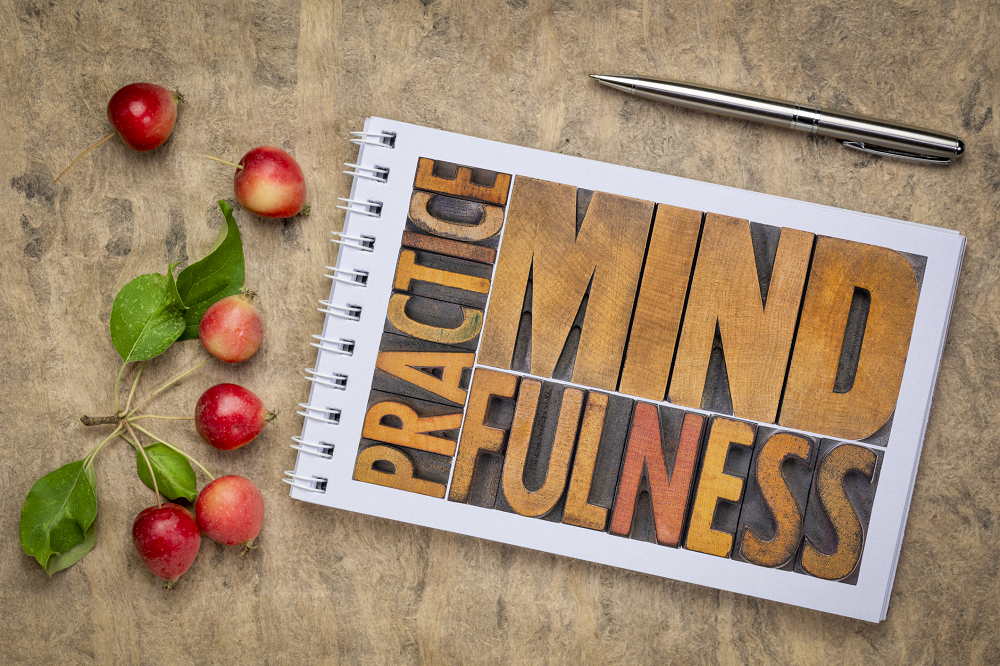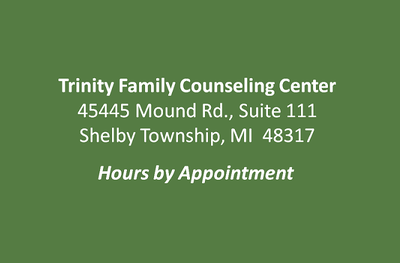Self-Care
|
We all lead busy, hectic, time-pressured lives these days. Many of our clients admit to feeling as though they are dropping the ball in their marriage, with their kids, with family, and at work. There simply don’t seem to be enough hours in the day to be everything to everyone who needs something from us.
This is especially true for those who identify caregiving as a primary function in their relationships. For these folks, it is critical to recognize and honor your personal limits, and know when to step back and exercise healthy self-care. Recognizing the value of taking good care of yourself and learning how to set boundaries in your life are just a couple of the tasks of appropriate self-care. If the idea of taking good care of yourself seems foreign to you, a caring professional counselor can help you to become aware of—and honor—those needs. |





